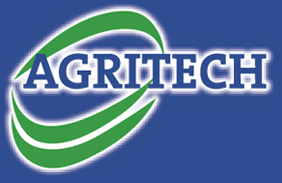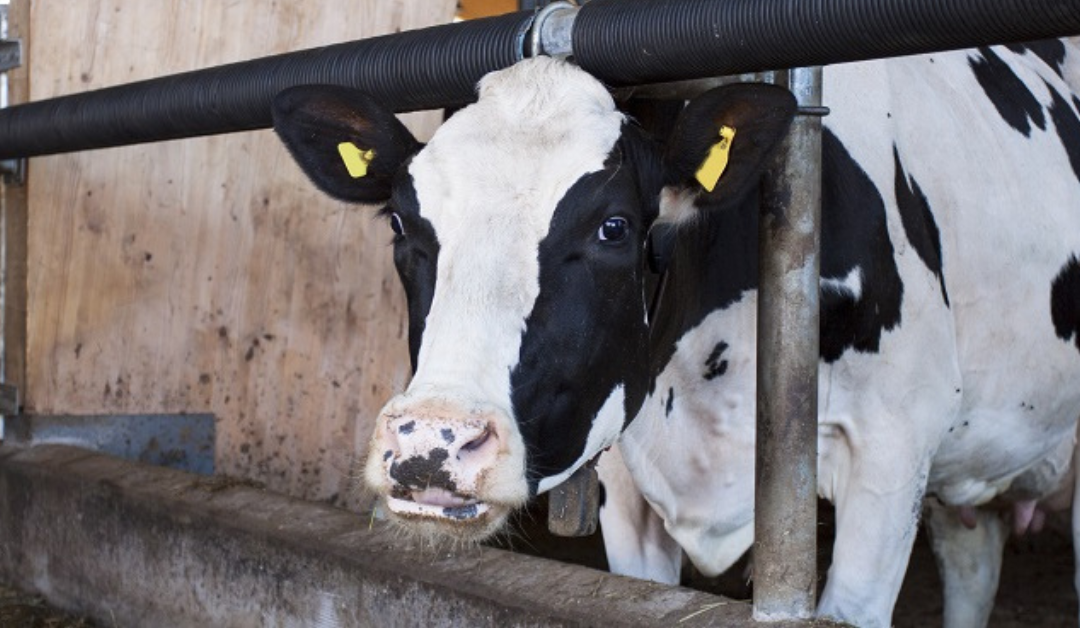For spring calving herds, the end of the lactation is approaching so some important decisions need to be made to hopefully ensure a stress-free start to 2025.
Milk recording
Four milk recordings a year should be carried out to make better informed decisions all year round. A final milk recording should be organised close to the onset of drying off (ideally within 30 days), to help assist in decisions around selective dry cow therapy.
BCS
Best practise is to dry off cows at, or close to, the same condition she should calve down in (Target 3.0 – 3.25). Therefore, nutrition of the dry cow should centre around maintenance over 60 days. Thin cows should be prioritised for early drying off to assist in the recouperation of condition. Where large variation in a herd arises with BCS, batching accordingly and making a tailored plan is advisable.
Silage analysis
Nutrition depends on what silage quality (and quantity), is available in the yard, therefore silage analysis is crucial. High quality silage will need dilution with straw/hay to avoid over-conditioning. Additional energy sources through concentrates may also be required, where quality is poor.
Where ongoing issues occur with milk fever, retained afterbirth and/or slow calvings, a silage mineral analysis will establish Potassium (K) % in the silage being offered to dry cows. K levels > 1.8% can cause issues. Preventative plans can then be put in place.
Selecting a dry cow mineral
Feeding high quality dry cow mineral for 60 days is central to a cow calving down without issue next Spring. Most Irish silage lacks the mineral levels required by the cow and therefore requires balancing. Using a highly soluble source of Magnesium is essential to overcoming any milk fever risks; this should be coupled with the inclusion of complimentary Phosphorus, a high inclusion of chelated/protected trace elements to overcome antagonists, and a strong all-round vitamin pack (A, D3 & E).
For more information, contact your local Agritech Sales Advisor here.


